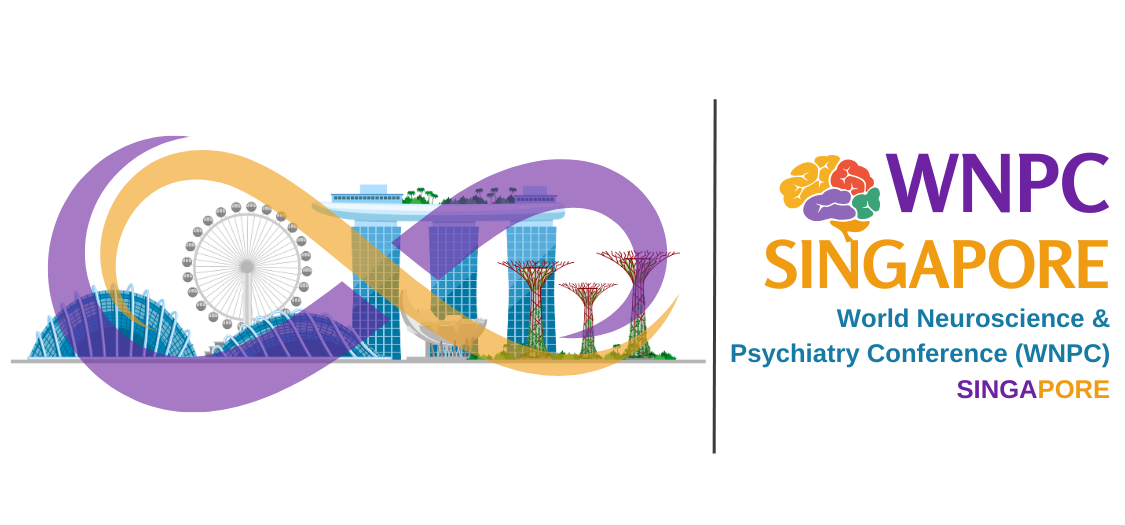Alifiati Fitrikasari¹, Aris Catur Bintoro²
¹Psychiatry Department FMDU, Kariadi General Hospital Semarang, Indonesia²Neurology Department FMDU, Kariadi General Hospital Semarang, Indonesia
Background: Epilepsy has comorbidities with extensive neurodevelopmental disorders in children. Early detection and proper handling greatly determine the outcome of the patient.
Case: A boy, 8 years old, with a history of febrile seizures at 1 year 7 months old and he went into a coma in PICU for 29 days. After being treated, the patient grows well. At 5.5 years he begins to change behavior. He speak harshly with adult vocabulary, look more active, unable to be quiet, emotional. His mother was overwhelmed. He took to psychiatrist and well treated with methylphenidate 10 mg/24 hours and a once-daily capsule containing folic acid and risperidone. At 6 years, he have seizures with spasm throughout the body, sucking, unconscious during seizure, after a seizure the patient sleep. He have more than 8x seizures / day. He is taken to a neurologist and given Phenitoin, Sodium Valproate and topiramate. He is getting worse so he is referred to Kariadi Hospital for epilepsy surgery. He has an intra-cranial eeg long-term for 9 days and a multifocal interictal epileptic wave appeared in both hemispheres. The head MRI is found hippocampal atrophy. Finally he has an epilepsy craniotomy. At post operative, he has once seizures and fever for 5 days. The results of blood culture were found resistancy to several antibiotics. He began to improve with fluoksetin 5 mg / 24 hours and Phenitoin 35 mg / 8 hours po, Valproic Acid 5 ml / 8 hours po, topiramate 50 mg / 12 hours po and Folic Acid 1 tab / 12 hours po. The patient’s behavior and emotions improve and have no seizures.
Materials and methods: Case report use literatures from Pubmed using keywords “Behavioral disorder, Epilepsy, ADHD” in the last ten years publication in English written.
Discussion: Patient shows a neurodevelopmental disorder that leads to ADHD.1 Some risk factors: the maternal psychological stress during pregnancy, abdominal trauma because of physical violence from the partner and the patient is unwanted child, and also infection.2 Neglected parrenting, bulying from both the teacher and friends regarding patient seizures. Patients often get physical and psychological violence from their father. Currently the patient is in second grade elementary school and still has reading and writing difficulties. Sometimes he took at the inclusion class, but patients are more often in the general class. Neuropsychiatric comorbidity is dominant in those with epilepsy, around 80%3 and ADHD is reported to be around 8% -77% in children with epilepsy.4 Management of ADHD in children with epilepsy has been shown not to make epilepsy worsening.








